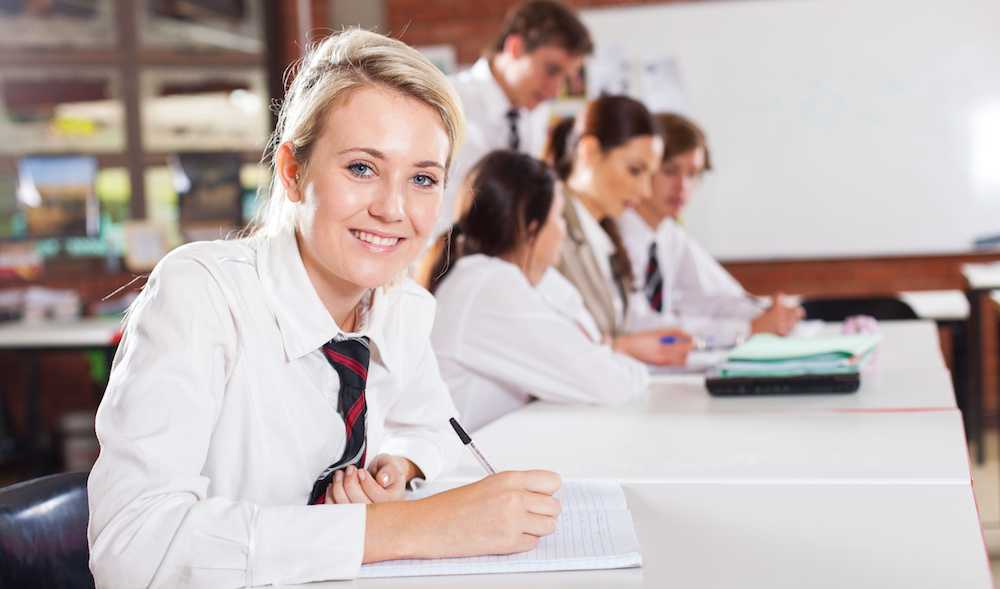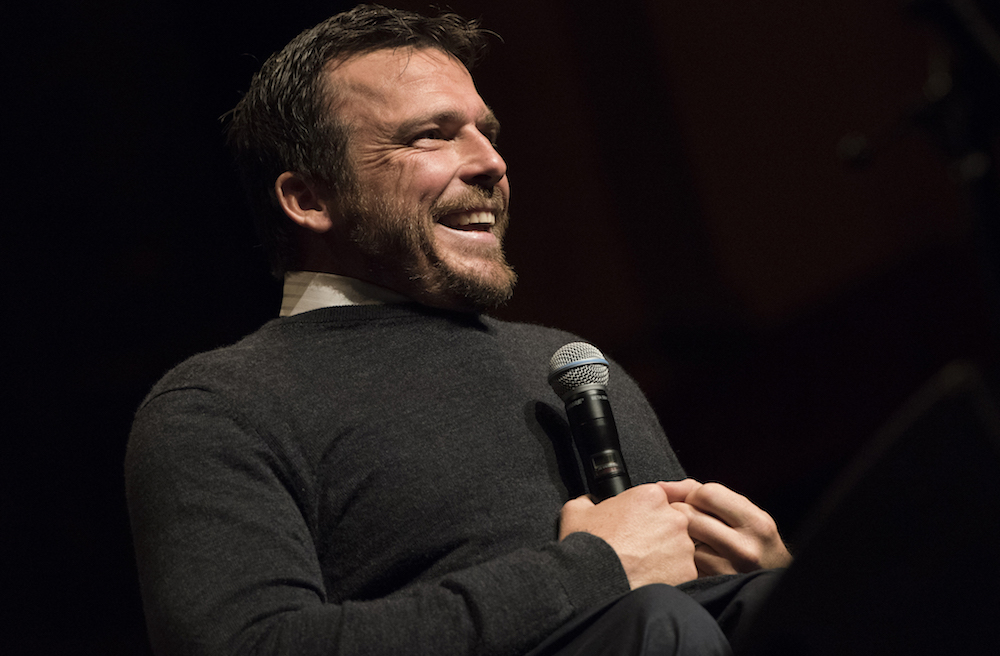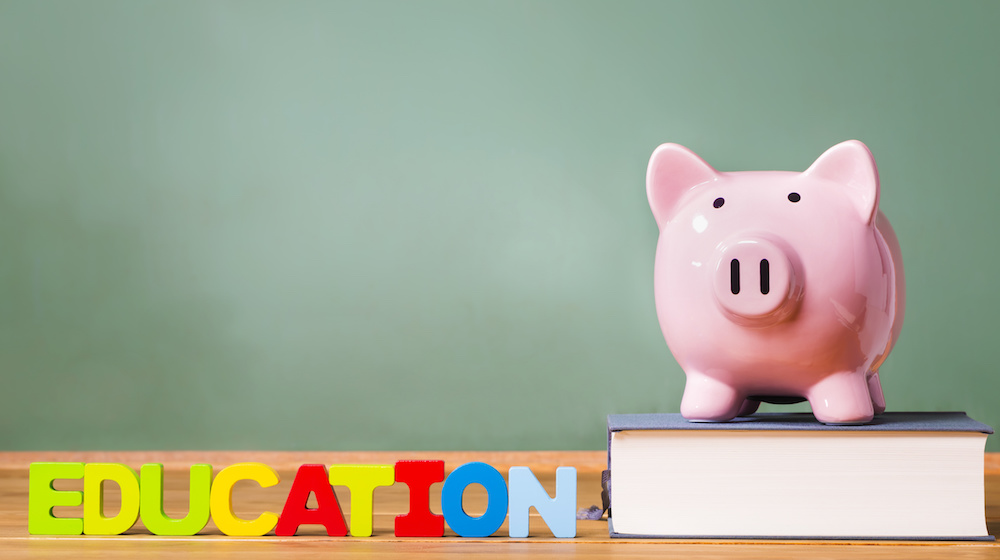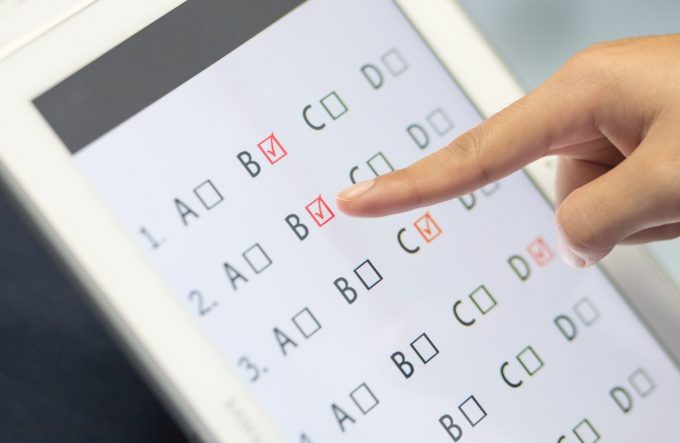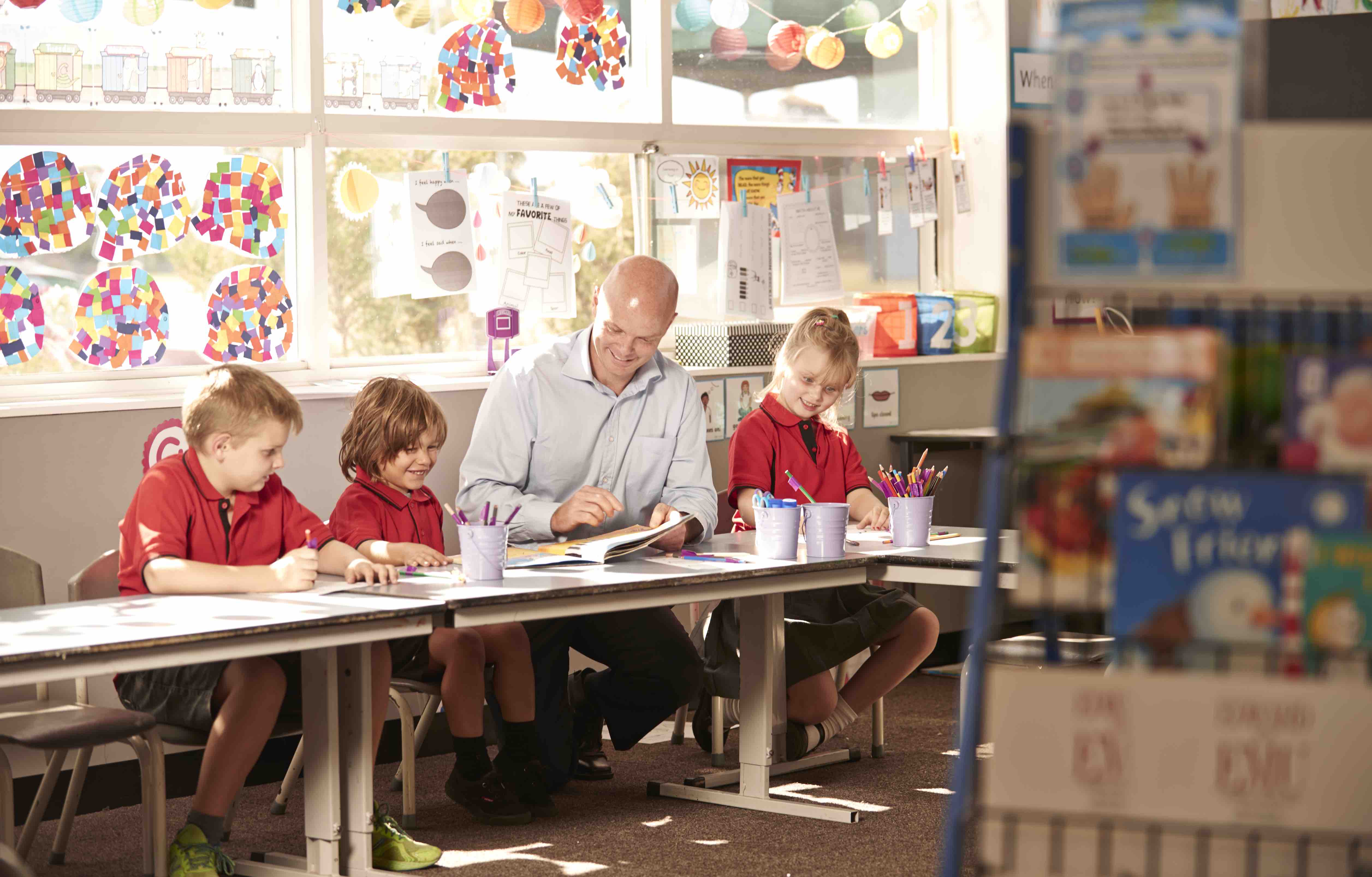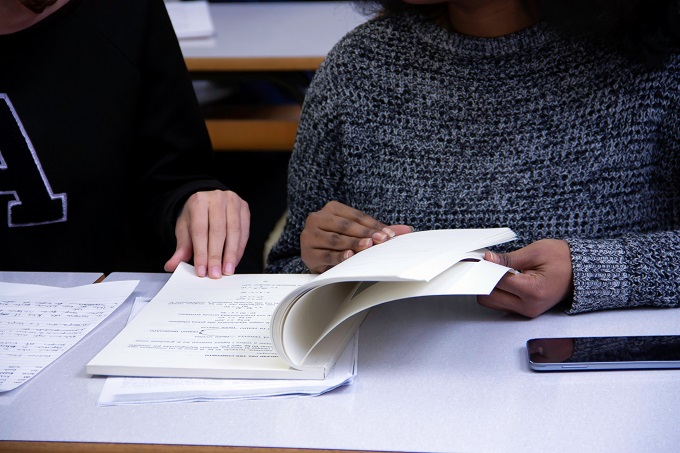What the pandemic taught us about outdoor learning
November 3rd is Outdoor Classroom Day, a global initiative to encourage all children to spend time outdoors each day. Here’s why researchers say every day should be an outdoor classroom day:
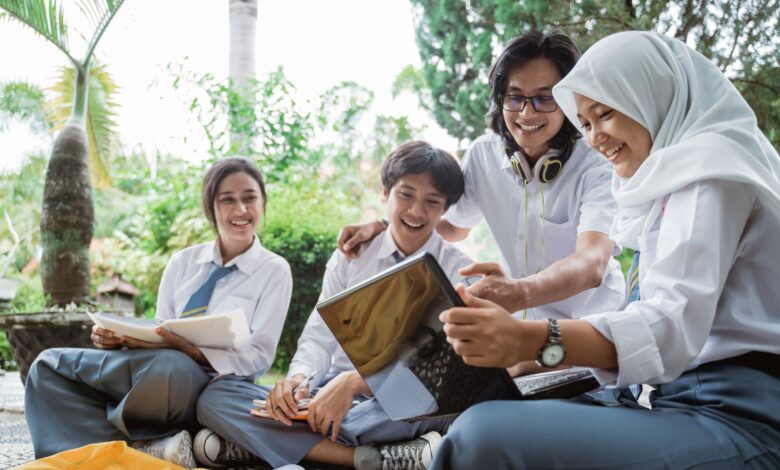
Researchers looking at outdoor learning do not expect the entire school day to be moved outdoors. Rather, students benefit from a consistent pattern of outdoor learning, even just half an hour, on a regular basis5.
And, if the pandemic has shown us anything, it is that children are resilient and open to change.
We belong to the Indoor Generation1. According to research reported in Kids News, Australian children spend only 5.5 hours a week outdoors, compared to 9.5 hours watching screens2. But if the last two years have taught us anything, it has been to highlight the importance of being outdoors: either desiring it when we were under lockdown, or demonstrating how much safer we are outdoors, compared to being in crowded indoor spaces.
Across the globe, the pandemic forced schools to completely reassess how they taught. While many went online, more than 50% of learners worldwide don’t have access to a computer at home3. The other option was to move classrooms outdoors.
With fewer surfaces to contaminate and therefore less chance of transmitting the virus, outdoor classrooms became a fundamental element in keeping many schools open.
The importance of playing and learning outdoors has long been established for the early years and a recent study by Cutter-MacKenzie-Knowles et al, demonstrated that nature play is an effective way of teaching STEM – science, technology, engineering and maths – in early childhood education4.
The pandemic demonstrated that outdoor learning was just as effective for older kids as well. There is very little that can’t be done outdoors, and few subjects that can’t be taught in an outdoor classroom. The Australian Curriculum connection even provides resources on how content from the curriculum can be delivered in the outdoors8. Instead of a reliance on technology, children can find inspiration and examples in the natural world.
Prior to 2020, there were growing numbers of educators who recognised the benefit of outdoor learning. One positive outcome of the pandemic was to make those views more widespread and mainstream.
Matluba Khan from Cardiff University was researching outdoor learning environments a decade before COVID-19 made classrooms a health hazard. While most research on the benefits of outdoor classrooms has typically taken place in the West where it is an option, rather than a necessity, Dr Khan looked at how the outdoor learning environment impacts children’s learning in Bangladesh, where only 32% of children complete higher secondary schooling. Her research showed that a well-designed outdoor space contributed to improvements in students’ grades in maths and science3.
Other research done prior to the pandemic, which looked at the three essential elements required for learning, found that children are more affected by teaching done outside than they are indoors, and that students feel more motivated to learn when they were outdoors5.
The physical and mental benefits of being outdoors are well-known: lowered stress and anxiety, students are able to focus better, access to natural sunlight which is essential to our circadian rhythms, greater physical activity leads to lowered obesity, and improved resilience6,7. The idea of reconnecting students to the outside world also seems to fit better with 21st-century values6.
The vast majority of research looking into the value of outdoor learning focuses on children, but surely some of these benefits must translate to the adult teaching as well and perhaps should be the focus of future research. Visit Outdoor Classroom Day for more information and ideas.
1. The “Indoor Generation” and the health risks of spending more time inside (usatoday.com)
2. Research finds kids aren’t playing outdoors | KidsNews
5. https://www.psychologytoday.com/us/blog/brain-waves/201802/the-benefits-learning-outdoors
6. The Pandemic Moved Classrooms Outside. Let’s Keep It That Way. – Outside Online
7. Student_outcomes_and__natural_schooling_pathways_to_impact_2016.pdf (plymouth.ac.uk)
8. Outdoor learning | The Australian Curriculum (Version 8.4)

